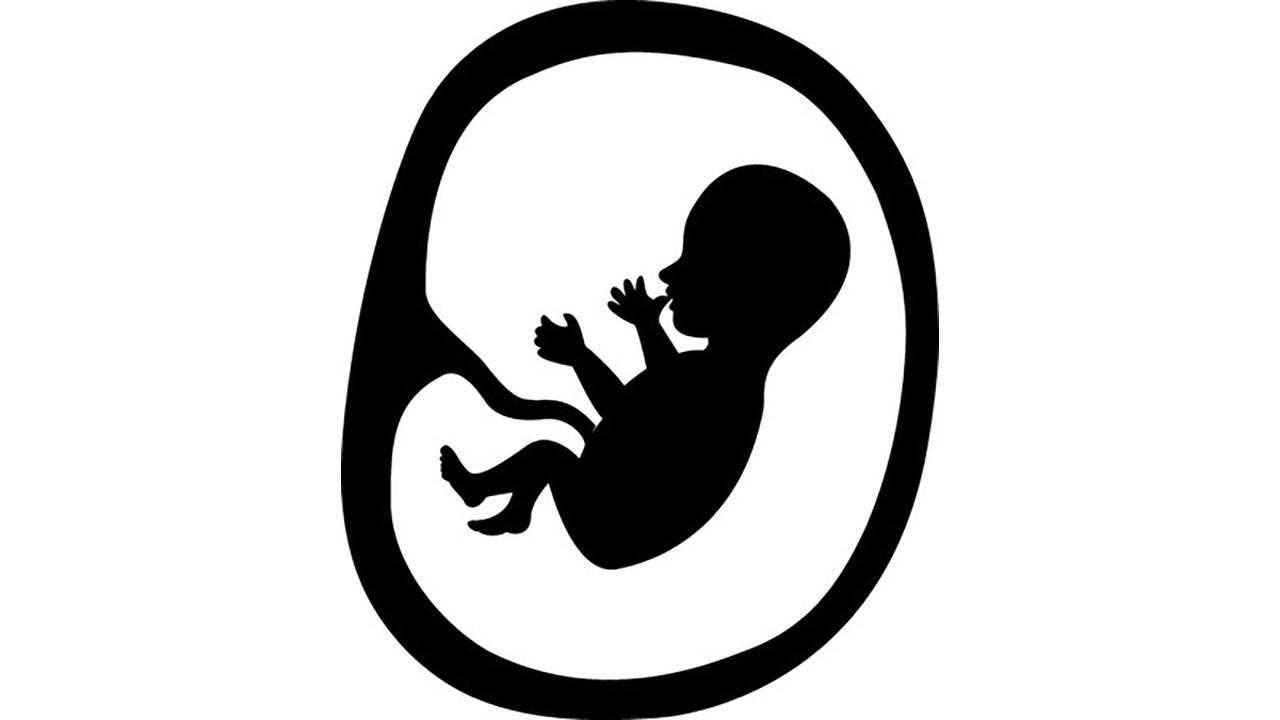Teach Your Baby to Eat, In the Womb

In many ways, pregnant moms-to-be and the nursing mothers are both charged with translating the environment to the growing baby. This transmission includes information about stress, pathogens, and nutrient availability. Researchers at the Monell Chemical Senses Center have determined that one of the most sensitive periods for babies to develop specific food preferences is is the one spanning 3.5 months after birth.
- This suggests that what the mother eats while pregnant and her breastfeeding diet impacts children and influences their openness to healthful vs processed foods later in life.
- A referenced rodent study demonstrated that processed junk food changed the opiate receptors in the offspring’s brains reflective of addictive patterns found in the reward pathway.
- Formula feeding does not provide the variety of sensations and flavors that breast milk does.
As the mother of two, I can attest that my second’s preference for sauerkraut and liverwurst was cultivated! Epigenetics has shown us that a mother’s diet is the most important intervention she can make for her child’s long-term health.
Read more in this New York Times Op-Ed piece about how a mother’s pregnancy and breastfeeding diet can affect a child’s future eating habits.
Want to continue reading?
Enter your details below to read more and receive updates via email.









